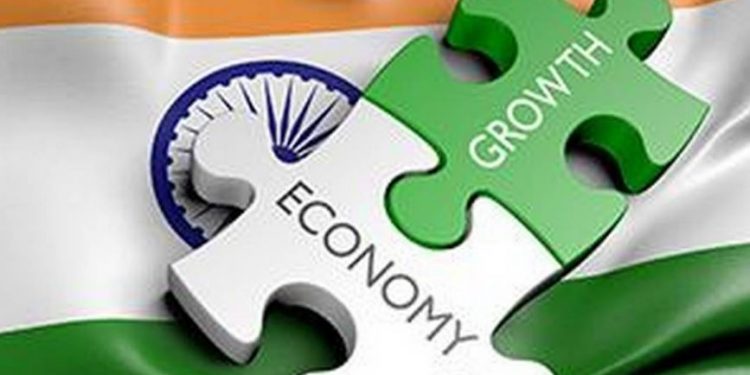New Delhi: India’s economic growth appears to be ‘very fragile’ and it may fall short of what the country needs to meet the aspirations of its growing workforce, RBI Monetary Policy Committee (MPC) member Jayanth R Varma said on Sunday.
In India, Varma said he expects inflation to remain high in 2022-23 but come down significantly in 2023-24.
“However, growth appears to be very fragile, and monetary tightening is compressing demand,” he told PTI.
Explaining further, he said rising EMI payments increases the pressure on household budgets and dampens spending, and exports are struggling in the face of global factors.
While noting that high interest rates make private capital investment more difficult, Varma said the government is in fiscal consolidation mode, thus reducing the support to the economy from this source.
“Because of all these factors, I fear that growth may fall short of what we need to meet the aspirations of our growing workforce given our demographic context and income level,” he said.
The Reserve Bank of India (RBI) has projected India’s economic growth at 6.4 per cent for 2023- 24. Gross Domestic Product (GDP) growth is estimated at 7 per cent in 2022-23, according to the first advance estimate of the National Statistical Office (NSO).
The Economic Survey 2022-23 projected a baseline GDP growth of 6.5 per cent in real terms for the next fiscal.
Varma , currently a professor at the Indian Institute of Management, Ahmedabad said he sees global inflationary pressures dissipating in the months ahead as the supply shocks from the pandemic and from the Ukraine war gradually resolve themselves.
“The world is learning to live with the war,” he said, adding that. At the same time monetary tightening is putting growth at risk across the world.
Replying to a question on high inflation, Varma said 2022-23 is a year of high inflation due to various supply shocks as well as the delay in monetary tightening during the second half of 2022-23.
“However, I expect inflation to come down significantly in 2023-24. I anticipate a gradual glide path that brings inflation down close to the target,” he said.
The RBI lowered the consumer price inflation (CPI) forecast to 6.5 per cent for the current fiscal from 6.7 per cent. India’s retail inflation in January was 6.52 per cent.
To a question on the Reserve Bank hiking the short-term lending rate, Varma opined that the balance of risks has shifted towards growth rather than inflation, and in this context, a pause is more appropriate.
While observing that rates are high enough for the MPC to wait and see how the situation evolves, he said, “In the unlikely event of inflation remaining stubbornly high, further rate hikes could be considered at that point of time.”
The Reserve Bank which has been hiking the short-term lending rate since May last year has cumulatively raised the repo rate by 250 basis points. The repo rate now stands at 6.5 per cent.
Asked what would be the likely impact of hot weather on wheat crop and food inflation, Varma said he hopes that weather anomalies will prove transient and India have a normal monsoon.
PTI






































